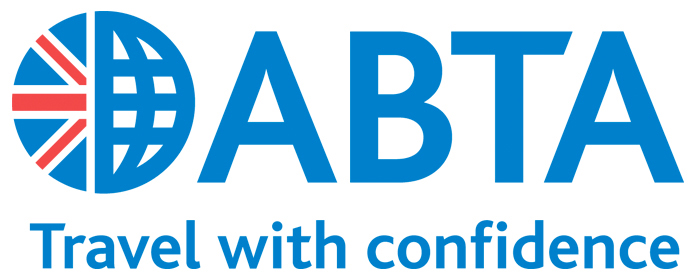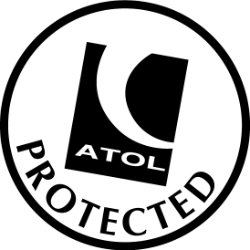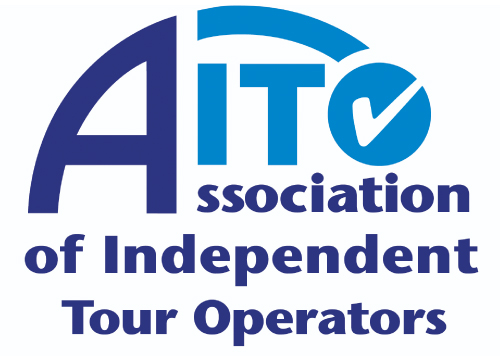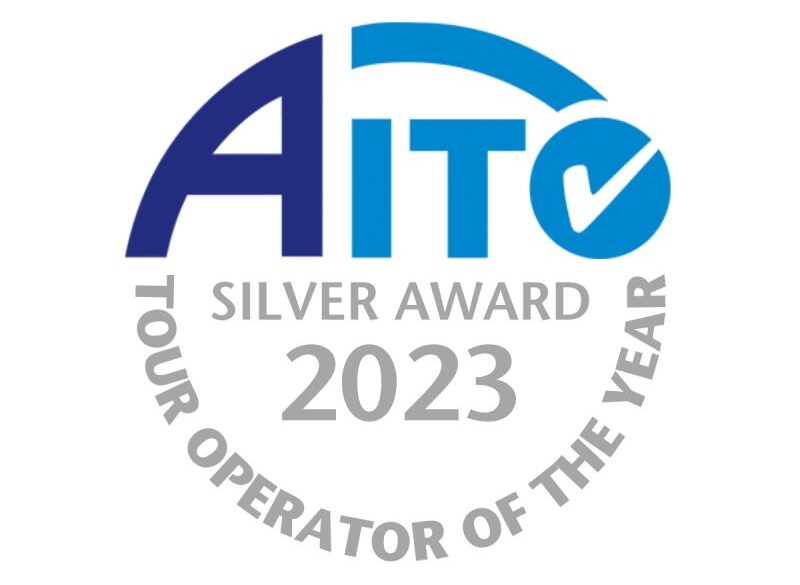Currency
The local currency is the Vietnamese Dong (VND), which has an approximate exchange rate of £1 = 30,000 Dong. The US Dollar is also widely accepted by most restaurants, hotels and shops – although expect to receive your change in Dong.
There is no point in trying to obtain Dong in the UK, just take Dollars and withdraw Dong from ATM machines in Vietnam. It can also be awkward to change Dong back into Sterling in the UK so try to withdraw smaller amounts to cover your immediate needs towards the end of the holiday.
You will find ATMs all over the country that accept international VISA and Mastercard cards – common banks include Vietcombank, Agribank, Vietin Bank and Sacombank. Frustratingly, there is normally a single withdrawal limit of 2,000,000 VND (about £65). However, you can do multiple withdrawals until you hit your own account limit. To withdraw higher amounts, look out for the ANZ bank, which offers 4,000,000 VND withdrawals per transaction and Commonwealth ATMs, which offer up to 9,000,000 VND per transaction. Most banks charge 20,000 VND per transaction.
Vaccinations
Ensure you visit your GP six weeks+ before travel for general advice on travel risks, vaccinations and malaria. Make sure you take out comprehensive travel insurance with a good accident policy and that you know your blood group. For more information visit http://www.fitfortravel.nhs.uk & www.malariahotspots.co.uk.
Visas and Passports
For British passport holders, a visa waiver scheme is in place and you can visit without a visa for up to 45 days. For other passports a visas may be required and must be secured before arriving in the country. You can apply for a visa from the Vietnam Embassy in London either by post or in person, which normally takes five working days to process. You must contact the Embassy for the latest price and other details : https://vietnamembassy.org.uk.
It is recommended that you safely carry your passport at all times and ensure that it is valid for 6-months beyond the date of travel. Should you lose your passport in the country then you must contact the British Embassy in Hanoi (4th Floor, Central Building, 31 Hai Ba Trung Street, Han Kiem District, Hanoi +84 4393 60500) or in Ho Chi Minh City (25 Le Duan, District 1, Ho Chi Minh +84 8382 51380.)
Language
Despite Vietnam attracting tourists from around the world and developing at a fast pace, the level of English in the country is often very poor, especially outside the cities. Even when English is spoken it can be very hard to understand what is being said because the Vietnamese language, which is tonal, uses completely different sounds to English, making our language a tricky one to master. This is why we almost always send English-speaking guides with all drivers – even for airport transfers.
Time Difference
Vietnam is six hours ahead of GMT in British Summer Time and seven hours ahead of the UK during the winter.
Insurance
A policy to cover theft, loss and medical issues is a must. You may also wish to check out cover for activities such as diving, white water rafting, cycling and abseiling etc.. It is a good idea to photocopy all relevant documents – passport, travel, insurance policy etc., and leave one copy at home. Carry another copy with you separate from the originals.
Driving License
Vietnamese driving licenses are mandatory for all drivers of motor vehicles as well as for riders of motorcycles with a capacity of over 50cc. Despite this, you may still find many companies willing to rent you a motorbike or even a car with just your British license. We do not recommend doing this in Vietnam – it is a grey area legally, the roads are very busy and the driving conditions are extremely different to back home. If you do choose to rent a scooter your passport is likely to be kept as a form of security
Telephone, Post and Wi-fi
To dial the UK from Vietnam you must dial 0044 and then drop the first 0 of the number . The Vietnamese country code is 0084. Airmail to Europe can take up to a week but the wi-fi here is abundant – almost no matter how remote you are, you will find hotels restaurants and cafes with wi-fi
Electricity
You can use the circular two-pin plug adaptors that are commonly used throughout Europe here. Voltage runs at 127/220 V
Laws, Customs and Culture
You will see plenty of skimpily-clad Vietnamese women throughout the country. It is a fairly liberal country and shorts, vest tops, bikinis and little skirts are deemed OK in coastal areas and cities. However, rural areas are more conservative and you are encouraged to dress appropriately.
Few foreigners experience much hassle from the police and demands for bribes occur very rarely – but it does happen. If something goes wrong or is stolen the police may charge you a ‘fee’ for a police report – we recommend taking an English-speaking guide with you.
Tipping
Tipping is not expected in Vietnam, but in a country where wages are incredibly low it is highly appreciated. High end restaurants and hotels will include a 5% service charge but for most places it is not included.
Crimes and Nuisance
Travellers should stay vigilant at all times, especially in Hanoi and Ho Chi Minh City (Saigon), which both have their own unique problems with crime. In Hanoi pick-pocketing is a common problem, while in Ho Chi Minh City travellers must be cautious of passing motorbikes – drivers and passengers will not be afraid to try and grab your handbag or mobile phone out of your hand, especially if it is an iPhone. An increasing number of travellers have reported this crime in recent years.
We advise you to avoid taking handbags out with you at all in the evening, and during the day we would recommend you wear either a rucksack on both shoulders or an over-the shoulder handbag. Do not carry too much money on you at any time and use your safety deposit box in the hotel room to store your valuables and passports rather than carrying on them. Please also careful when taking photos on the streets.
Violent crime is not prevalent and travellers should not feel unsafe here – however, just err on the side of caution with your valuables. Theft tends to increase in the run up to Tet in late January, when the Vietnamese give money to their family to celebrate the Vietnamese New Year.
Festivals and Holidays
The Vietnamese love their festivals and holidays, which are often wonderfully bright and colourful affairs. The biggest festival of the year is Tet, the Vietnamese New Year, which follows the Lunar Calendar but normally takes place around the end of January/beginning of February. The Vietnamese tend to go to the country to visit their family homes at this time of year so the cities are surprisingly quiet, although entire streets can be transformed by colourful flowers.
Christmas and New Year are also celebrated, but to a much lesser extent than western societies.
There are various political public holidays throughout the year, including the day Saigon was liberated in 1975 and Ho Chi Minh’s birthday in May.






